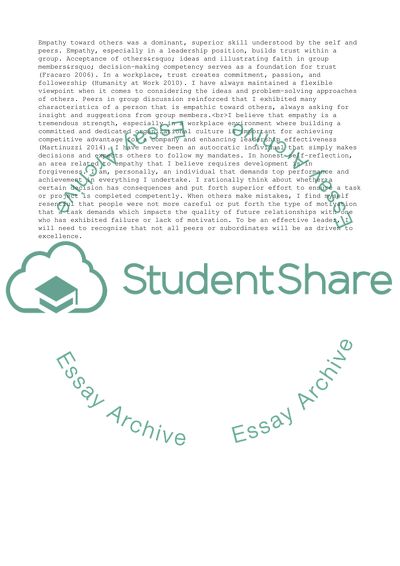Cite this document
(Individual Skills Portfolio Book Report/Review Example | Topics and Well Written Essays - 1750 words, n.d.)
Individual Skills Portfolio Book Report/Review Example | Topics and Well Written Essays - 1750 words. Retrieved from https://studentshare.org/management/1860630-individual-skills-portofolio-johari-quandrants
Individual Skills Portfolio Book Report/Review Example | Topics and Well Written Essays - 1750 words. Retrieved from https://studentshare.org/management/1860630-individual-skills-portofolio-johari-quandrants
(Individual Skills Portfolio Book Report/Review Example | Topics and Well Written Essays - 1750 Words)
Individual Skills Portfolio Book Report/Review Example | Topics and Well Written Essays - 1750 Words. https://studentshare.org/management/1860630-individual-skills-portofolio-johari-quandrants.
Individual Skills Portfolio Book Report/Review Example | Topics and Well Written Essays - 1750 Words. https://studentshare.org/management/1860630-individual-skills-portofolio-johari-quandrants.
“Individual Skills Portfolio Book Report/Review Example | Topics and Well Written Essays - 1750 Words”, n.d. https://studentshare.org/management/1860630-individual-skills-portofolio-johari-quandrants.


